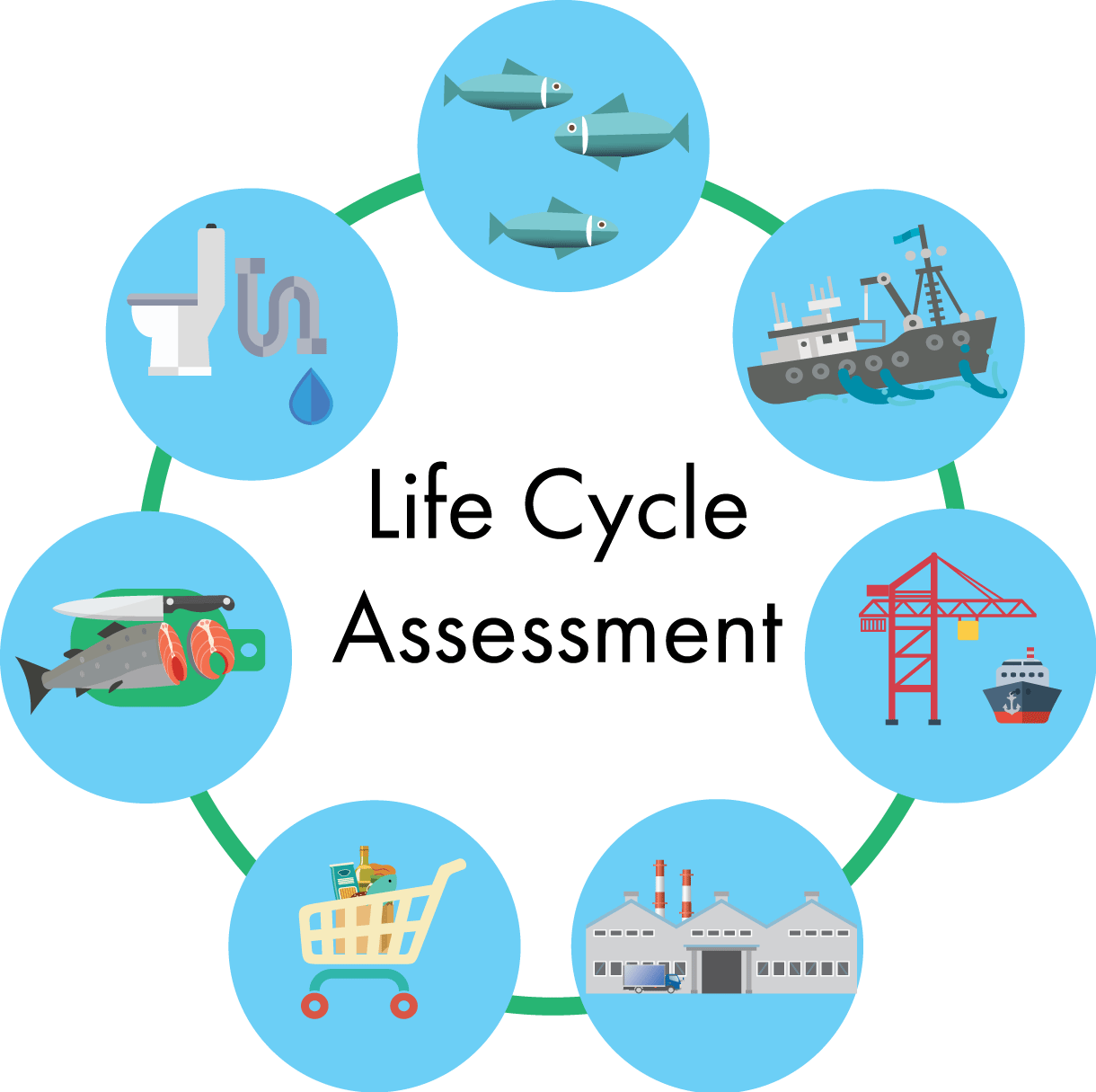
Fisheries managers should embrace 'life cycle assessment' as a way of minimising environmental impacts by the fishing and seafood production chain, say Institute for Marine and Antarctic Studies (IMAS) scientists in a paper recently published in the Fish and Fisheries journal.
Life Cycle Assessment (LCA) is a widely used method to assess environmental impacts. A decade long application of LCA to the seafood industry has led to new insights about the environmental challenges of seafood production.
LCA is used to measure a wide range of impacts such as carbon emissions, and energy and water use from producing seafood which can then be compared with other food products such as beef to give consumers a better understanding of the impact of the food we choose to eat.
For example, a key factor in the fishing and seafood industry's environmental impact was fuel usage and large carbon footprints of some fishing fleets. LCA presents an opportunity for fishery managers to broaden the scope of seafood sustainability by including a measure of fuel use and carbon emissions from the fishery.
"By using LCA in our management systems we can track changes in fuel use by fishing boats or fleets over time and calculate increases or decreases in carbon emissions." IMAS PhD Student Anna Farmery said.
"Impacts of fishing in the ocean are obviously important but as seafood is the most highly traded food product we also need to think about sources of impacts outside the fishery, such as processing, refrigeration and airfreight."
The authors of the paper hope that industry, government, and researchers can continue to collaborate to ensure the broader measures of sustainability found in the Life Cycle Assessment model can be applied to the critically important management of seafood and fisheries industries.
The paper, published in Fish and Fisheries this week, is available at: http://onlinelibrary.wiley.com/doi/10.1111/faf.12159/abstract